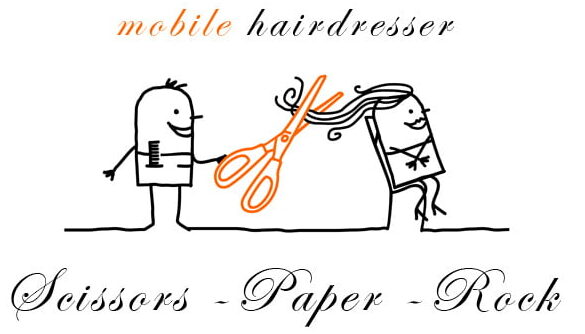Introduction
The realm of hair and beauty is transforming rapidly, as consumers are more concerned about the environmental aftermath of their beauty practices. Hence, clean, eco-friendly beauty products are gaining market traction, breaking previous norms set by cosmetic giants. However, there are numerous misconceptions surrounding these conscious beauty alternatives, painting a blurred image with false impressions. This led to the creation of a plethora of myths and misconceptions about clean beauty products. This article seeks to undermine these myths and spotlight the realities of eco-beauty, highlighting its significance, applications, and benefits.
What is Eco-Beauty?
Eco-beauty, otherwise known as clean beauty, refers to products formulated with non-toxic, ethically sourced ingredients. They’re typically devoid of compounds like parabens, sulfates, phthalates, and synthetic fragrances, which are often associated with potential health risks. Furthermore, they’re made considering the lethal environmental impact of harmful components, hence making a move towards conscientious consumption.
Myth 1: Eco-Beauty Products Don’t Work as Well
One of the most prevalent misconceptions about clean beauty products is that they falter in terms of performance in comparison with conventional counterparts. But the truth is, clean and eco-friendly products can deliver the same, if not superior, results.
For instance, natural oils like argan, coconut, and jojoba are used in many clean hair care products for their exceptional nourishing abilities, emphasizing shine, strength, and sleekness. Similarly, skincare products formulated with natural compounds like tea tree oil, aloe vera, and hyaluronic acid equate or outshine the efficacy of synthetic ingredients.
Myth 2: Clean Beauty is a Marketing Gimmick
Many skeptics argue that clean beauty is just an artifice, a shiny new trend created to funnel consumer spending. However, clean beauty is an established, enduring phenomenon, backed by extensive research and evidence.
For instance, studies conducted by the National Institutes of Health, USA, have shown an association between hormonal disruptions and conventional beauty products loaded with chemicals. Simultaneously, brands like Biossance and Tata Harper prove that clean beauty is by no means a gimmick, with their wide range of highly effective, scientifically-backed clean beauty offerings.
Myth 3: Clean Beauty Products are Always Expensive
There’s a misbelief that all eco-beauty products are exorbitantly priced, and while some high-end brands may indeed be costly, countless affordable yet efficacious clean beauty products exist in the market. Brands like The Ordinary and Beauty Pie provide top-notch clean beauty products sans the hefty price tag.
Benefits of Eco-Beauty
Clean beauty products offer various benefits. Firstly, they pose fewer risks of skin irritations, allergies, and longer-term health issues as they’re free from potentially harmful synthetics. Secondly, they’re environmentally friendly, reducing pollution and waste. Lastly, they encourage ethical consumerism, supporting cruelty-free practices and fair trade.
Conclusion
Eco-beauty is a rapidly escalating trend in the beauty and hair care industry, offering promising potential for both individual and collective betterment. By debunking prevalent myths about clean beauty, we can embrace a more sustainable, conscientious approach to our daily beauty routines. Because “going clean” isn’t just about enhancing our outer appearances—it’s about taking a stand for our health, our environment, and the future of our planet.
Checked and verified on 25th June 2021 by:
(signed)
[Your name],
Professional hairstylist and beauty consultant.
[Your Contact Information]
